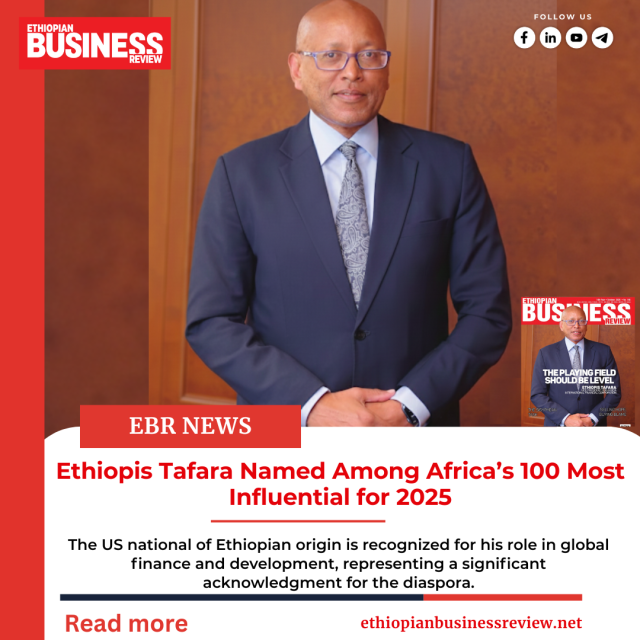News December 29, 2025
Shabelle Bank expanded its balance sheet sharply in the 2024/25 financial year, with total assets rising by about 61 percent to 6.03 billion birr, up from 3.76 billion birr a year earlier. The performance was presented during the Bank’s 4th Annual General Meeting held in Jigjiga on December 28, 2025.
Shareholders approved the Bank’s annual report and audited financial statements for the 2024/25 financial year, covering a period marked by rapid asset growth, capital mobilization, and branch expansion, according to information disclosed at the AGM.
Shabelle Bank’s total assets rose to 6.03 billion birr, up from 3.76 billion birr a year earlier, representing a year-on-year growth of about 60.5 percent. The expansion was supported by improved liquidity, higher capital levels, and stronger engagement with institutional and government partners. Cash and cash equivalents alone increased by more than 630 million birr, strengthening the Bank’s liquidity position.
Customer deposits reached 2.27 billion birr during the year, reflecting growing public confidence in the Bank, while outstanding loans expanded to 1.73 billion birr, supporting financing activities across productive sectors. The Bank now serves about 1.7 million customers through a network of 65 branches nationwide, supported by 646 staff.
Capital building remained a central focus. Paid-up capital stood at 2.26 billion birr by the end of the reporting period, with 878.4 million birr mobilized through share sales during the year, equivalent to 88 percent of the annual target. The Bank noted that increased participation by regional governments has strengthened its capital base while also deepening strategic partnerships.
Operationally, Shabelle Bank generated total income of 570.3 million birr, a five percent increase from the previous year. Total expenses were held at 544.06 million birr, equivalent to 87 percent of the budget. As a result, the Bank recorded a net profit of 20.95 million birr, a 65.6 percent increase compared to the prior year, reflecting improved cost management and income diversification rather than scale-driven profitability.
Foreign currency mobilization reached 5.63 million US dollars. This was supported by correspondent banking and remittance partnerships with institutions including Bank of Beirut UK, Equity Bank Kenya, Afreximbank, and several regional and international remittance operators.
Speaking at the AGM, Ibrahim Osman Farah, Chairman of the Board, said the results reflect the Bank’s focus on governance, regulatory compliance, and long-term sustainability. Abduljuhad Hassen Mohamed, Acting Chief Executive Officer, highlighted continued investment in digital banking, product diversification, and institutional capacity as key priorities going forward.
Still in its early years of operation, Shabelle Bank said it will continue prioritizing prudent risk management, capital strengthening, and regional outreach as it works toward long-term growth and alignment with National Bank of Ethiopia directives.



